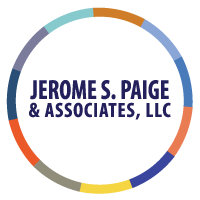Gig and other similar earners are startled when they realize their net profit (Line 31 Schedule C on their 1040 Federal Income Tax Return) is the basis for their economic damages, not the loss of revenues (Line 1 Schedule C). Likewise, we’ve also found that some plaintiffs’ attorneys are surprised when they realize the value of a claim is much lower when the measure is net profits rather than total revenues. To that end, we present several concepts that attorneys and their clients need to grasp. These concepts are:
- source of profit
- loss of net profit versus the loss of wages
- the relationship between physical impairment and a claim for the loss of net
profits, - loss of lifestyle value
- the loss of psychic value of the business.
We outline several suggestions for attorneys to assess the value of damages in a gig worker case. Think of these suggestions as to the “upfront work” attorneys need to do to make their claim for economic damages for a client who is a gig or similar worker. We have found a major mistake that some of our fellow forensic economists make. They used an average of several years of net profits to project future earning losses. As we suggest, it’s not that simple. Our examples include both defendant and plaintiff cases.
